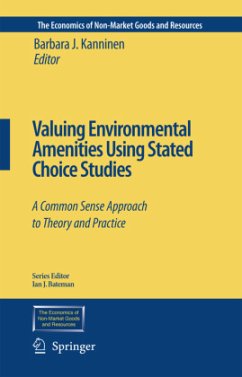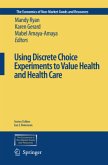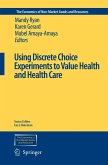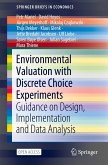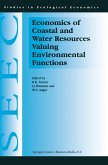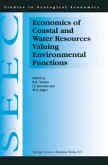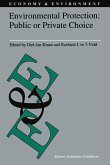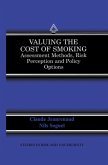When I was a graduate student, I fell in love with choice models. After years studying the econometrics of the standard linear model, discrete choice offered so many new, cool twists. With contingent valuation (CV) studies abounding, data was plentiful and varied. Every CV dataset had its own kinks and quirks that begged to be addressed through innovative modeling techniques. Dissertation topics were not scarce. We economists like to assume. There are jokes written about this. My assumption, as I slaved over the statistical properties of the double-bounded CV model, was that CV data was good data, representing valid economic choices made by survey respondents. Before I received my Ph.D., this assumption was called into question big time. In 1989, the Exxon-Valdez oil tanker spilled 11 million gallons of oil into Prince William Sound, Alaska. The accident killed a lot of birds, devastated fisheries, harmed area economies and ruined a reputation or two. It also changed the field ofenvironmental valuation. What was once a research field dominated by environmental economists interested in obtaining nonmarket values for environmental amenities was now a legal battleground pitting environmental economists against "traditional" economists who were skeptical of the techniques and procedures used with CV. If Nobel prizes are indicators of quality - and I'm fairly certain they are - the Exxon-Valdez oil spill drew the best and the brightest to scrutinize our field.
Bitte wählen Sie Ihr Anliegen aus.
Rechnungen
Retourenschein anfordern
Bestellstatus
Storno

